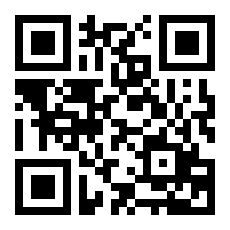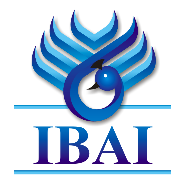O
A | B | C | D | E | F | G | H | I | J | K | L | M | N | O | P | Q | R | S | T | U | V | W | X | Y | Z
Occurrence - An event that results in an insured loss. In some lines of business, such as liability, an occurrence is distinguished from accident in that the loss doesn't have to be sudden and fortuitous and can result from continuous or repeated exposure which results in bodily injury or property damage neither expected not intended by the insured.
Operating Cash Flow - Measures the funds generated from insurance operations, which includes the change in cash and invested assets attributed to underwriting activities, net investment income and federal income taxes. This measure excludes stockholder dividends, capital contributions, unrealized capital gains/losses and various noninsurance related transactions with affiliates. This test measures a company's ability to meet current obligations through the internal generation of funds from insurance operations. Negative balances might indicate unprofitable underwriting results or low yielding assets.
Operating Ratio (IRIS) - Combined ratio less the net investment income ratio (net investment income to net premiums earned). The operating ratio measures a company's overall operational profitability from underwriting and investment activities. This ratio doesn't reflect other operating income/expenses, capital gains or income taxes. An operating ratio of more than 100 indicates a company is unable to generate profits from its underwriting and investment activities.
OEM - Original equipment manufacturer. Means the original manufacturer of the car or part.
Open Cover - An agreement whereby the assured undertakes to declare every item (e.g. shipment, vessel, etc. as appropriate) which comes within the scope of the cover in the order in which the risk attaches. The insurer agrees, at the time of concluding the contract, to accept all valid declarations up to the agreed limit for each declaration. An open cover may be for a fixed period or always open; subject to a cancellation clause.
Open Policy - A cargo policy designed to cover many shipments which are advised by declaration and evidenced by the issue of certificates.
Original Bill - Original Bill of Lading.
Original Slip - The placing slip used by a broker when negotiating the insurance with the underwriter.
Other Income/Expenses - This item represents miscellaneous sources of operating income or expenses that principally relate to premium finance income or charges for uncollectible premium and reinsurance business.
Out-of-Pocket Limit - A predetermined amount of money that an individual must pay before insurance will pay 100% for an individual's health-care expenses.
Overage - All additional premium charged on a cargo open cover declaration because the carrying vessel is outside the scope of the classification clause.
Overinsured A term used to describe the condition that exists when an insured has purchased coverage for more than the actual value or replacement cost of a subject of insurance. It is also used to describe a situation where so much insurance has been obtained it constitutes a moral hazard.
Overall Liquidity Ratio - Total admitted assets divided by total liabilities less conditional reserves. This ratio indicates a company's ability to cover net liabilities with total assets. This ratio doesn't address the quality and marketability of premium balances, affiliated investments and other uninvested assets.
Own Occupation - Insurance contract provision that allows policyholders to collect benefits if they can no longer work in their own occupation.






